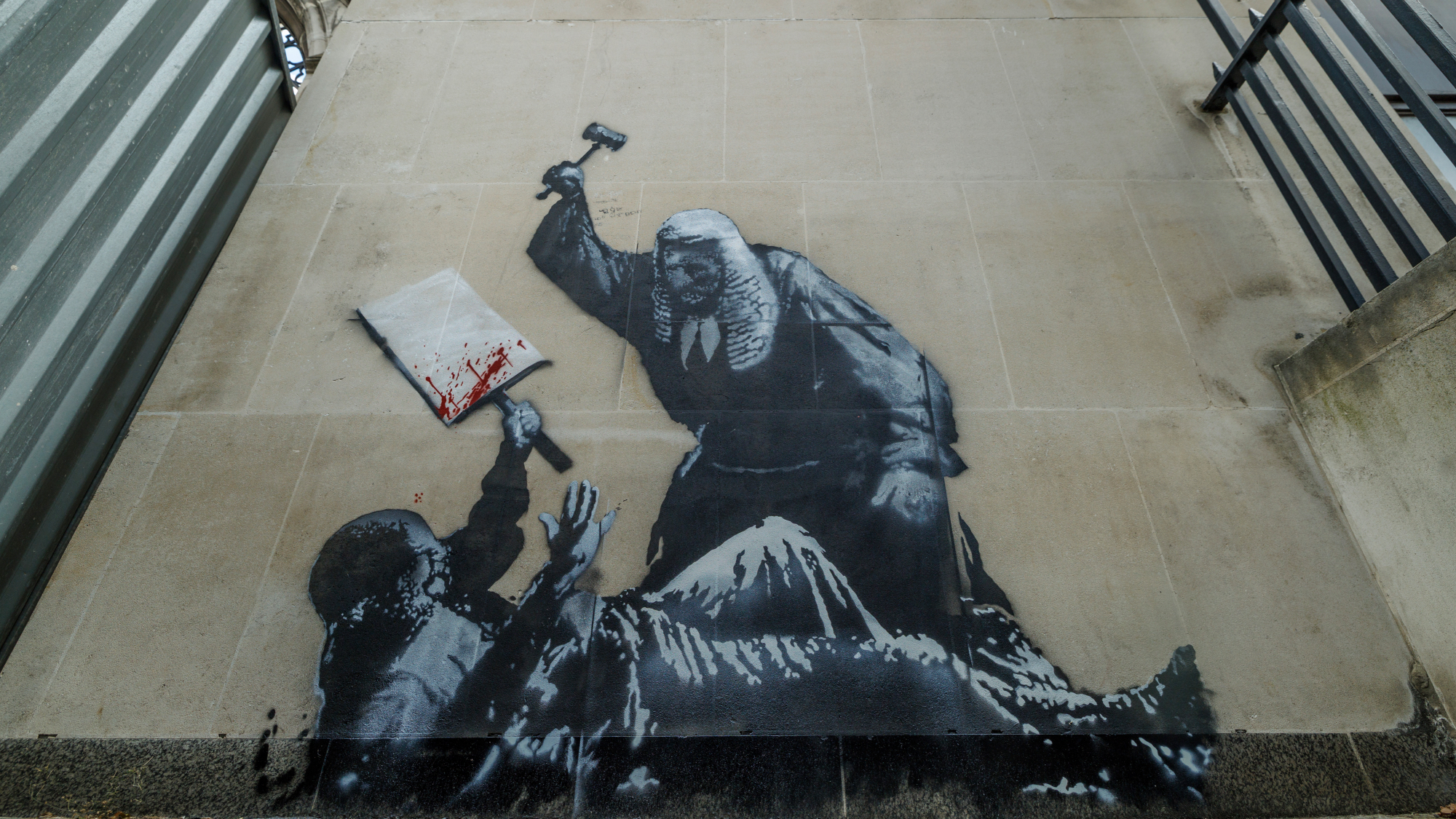Should employers be forced to offer paid sick leave?
As companies cut costs, more workers are showing up sick at the office and Obama is threatening to do something about it

With the lackluster economy deflating the profits of many small businesses, a growing number no longer offer their workers paid sick leave, according to a recent study. The trend is sparking a debate about whether the government should intervene on behalf of workers, many of whom are struggling to make ends meet. In January, Connecticut became the first state in the country to require businesses to offer paid sick leave, and President Obama has proposed passing a nationwide mandate. But businesses say such laws will only exacerbate their financial headaches. Here, a guide to the controversy:
How many workers in the U.S. have paid sick leave?
Not as many as you might think. In the private sector, only 60 percent of workers get paid when they stay home sick. The percentage varies within industries and regions: For example, 82 percent of restaurant workers and 64 percent of retail employees in New York City do not get paid sick leave. The problem is only getting worse, with only 32 percent of small businesses (those with fewer than 50 employees) providing paid sick leave in 2011, down from 39 percent in 2009.
The Week
Escape your echo chamber. Get the facts behind the news, plus analysis from multiple perspectives.

Sign up for The Week's Free Newsletters
From our morning news briefing to a weekly Good News Newsletter, get the best of The Week delivered directly to your inbox.
From our morning news briefing to a weekly Good News Newsletter, get the best of The Week delivered directly to your inbox.
Who gets hit hardest?
"Not surprisingly, low-income workers are worst off," says Adam Cohen at TIME. "Among the bottom 25 percent of wage earners — those making $10.50 or less an hour — just 33 percent can take a paid day off when they are ailing." With the sluggish economy putting additional pressures on struggling workers, many feel they have to show up to work regardless of how they're feeling. "It's just really difficult for someone whose earnings are just getting them by to give up just one day's pay," Sherry Liewant of the advocacy group A Better Balance tells MSNBC.
What do businesses say?
Many don't want to encourage employees to miss work. Absenteeism might not be a big problem for larger companies, but for some small businesses, even a single person out can bring business to a halt. Some employers say their workers abuse paid sick days, calling in sick on Mondays and Fridays in disproportionate numbers. Bottom line: Businesses see paid sick leave as another cost, and if a mandate is enforced, it will invariably force them to cut back in other areas, whether it's health care, salaries, or even new hires. The National Business Group on Health estimates that a federal mandate would cost businesses $35 billion a year.
A free daily email with the biggest news stories of the day – and the best features from TheWeek.com
What has the government done?
The proposal for a national mandate has made no progress, with business groups successfully arguing that it would only hamper the fragile economic recovery. On a state and civic level, the picture is brighter for employees. In addition to Connecticut, several cities require paid sick leave, including San Francisco, Milwaukee, and Washington, D.C. Massachusetts is also considering a mandate.
Sources: The Globe and Mail, MSNBC, SmartMoney, TIME, The Wall Street Journal


